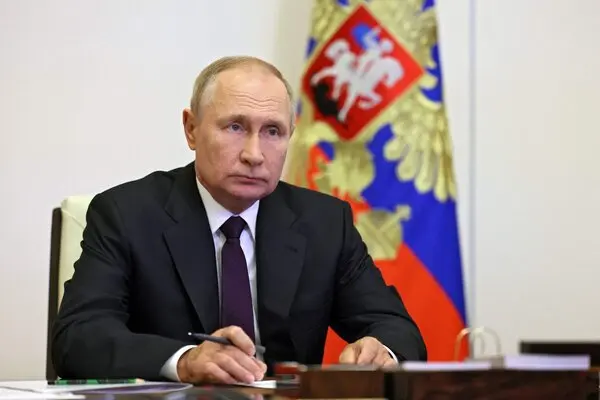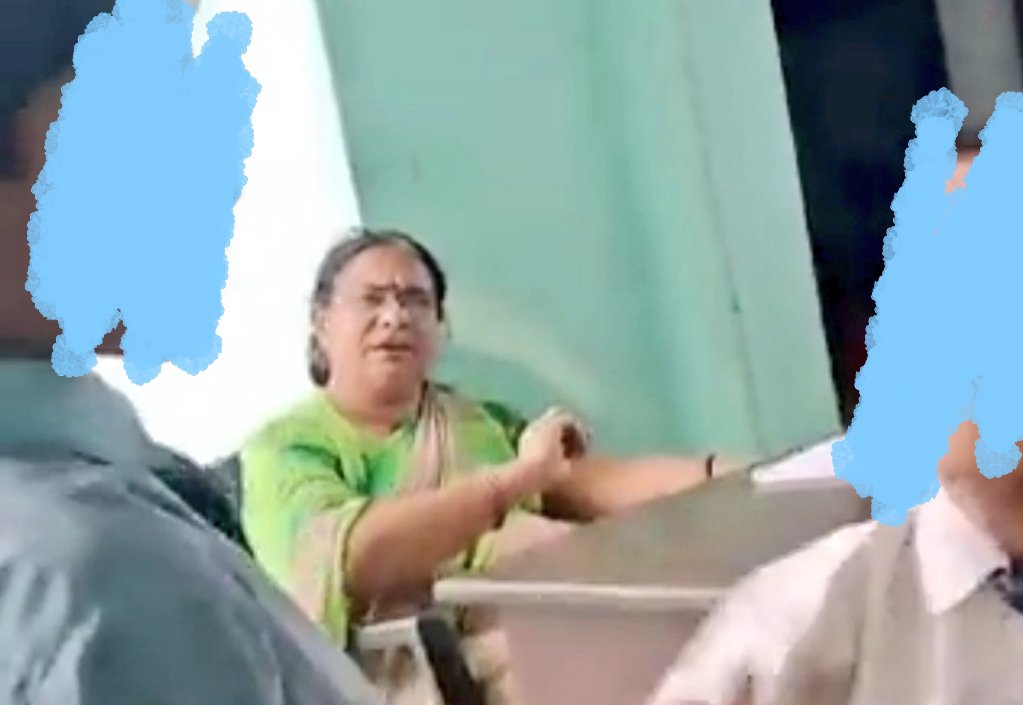Russian President Vladimir Putin engaged in a telephonic conversation with India’s Prime Minister Narendra Modi, during which the two leaders discussed various matters of bilateral cooperation and shared their views on regional and global issues. Among the topics of discussion was the recently concluded BRICS Summit in Johannesburg.
During the call, Putin conveyed his inability to personally attend the G20 Summit scheduled in New Delhi on September 9-10, 2023. Instead, Russia would be represented by the Foreign Minister of the Russian Federation, Sergey Lavrov. Despite this, Modi expressed understanding for Russia’s decision and expressed gratitude for Russia’s consistent support for all initiatives under India’s G20 Presidency.
The two leaders agreed to maintain communication and stay connected on matters of mutual interest. This conversation took place after reports emerged that President Putin would not be attending the G20 summit in person due to his “busy schedule” and his focus on the ongoing “special military operation” in Ukraine. The G20 world leaders’ summit is expected to be a significant gathering of global leaders in New Delhi on September 9 and 10. India took over the G20 Presidency from Indonesia on December 1, 2022.
According to Kremlin Spokesman Dmitry Peskov, President Putin’s participation format for the G20 Summit would be determined at a later stage. Putin’s absence from the summit in person is in line with his recent non-participation in international events due to various factors, including diplomatic concerns and ongoing situations.
Putin had previously opted for remote participation in this week’s BRICS summit in Johannesburg and was represented by Russian Foreign Minister Sergey Lavrov. The decision not to attend the G20 Summit follows a similar pattern and is attributed to Putin’s “busy schedule” and the priority focus on the “special military operation” in Ukraine, according to Kremlin sources.
Putin’s absence from certain international events has been related to diplomatic and political considerations. For instance, his decision not to attend the first in-person BRICS summit post-COVID-19 was influenced by the International Criminal Court’s issuance of an arrest warrant in March. The warrant was linked to allegations of a scheme involving the deportation of Ukrainian children to Russia. Given that South Africa, where the summit was held, is an ICC signatory, Putin’s potential arrest was a concern.














